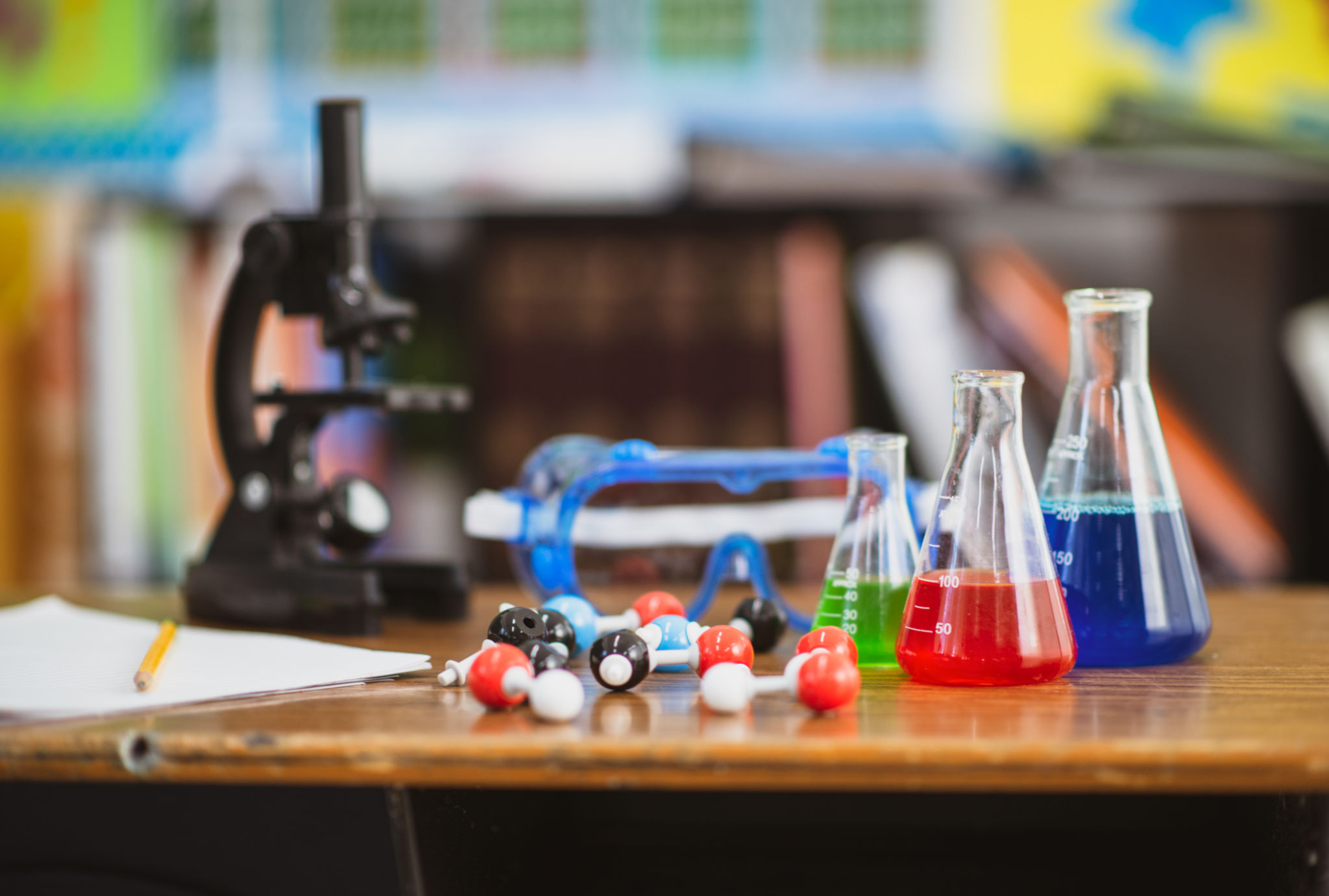How to Enhance Your Child's Learning Experience with Science Experiments at Home
Introduction to Home Science Experiments
In today's fast-paced world, enhancing your child's learning experience can be both rewarding and fun. One of the most effective ways to do this is through science experiments at home. These activities not only engage children but also stimulate their curiosity and creativity, laying a strong foundation for lifelong learning. With a few household items and a bit of imagination, you can transform your home into an exciting science lab!

The Benefits of Hands-On Learning
Hands-on learning is a powerful educational tool that can significantly boost your child's understanding of scientific concepts. When children conduct experiments, they are actively involved in the learning process, which helps to reinforce their understanding. Moreover, this approach encourages critical thinking and problem-solving skills, as kids learn to hypothesize, test, and draw conclusions from their experiments.
Science experiments at home also allow children to learn at their own pace. They can explore topics that interest them, whether it's the wonders of chemistry or the mysteries of physics, ensuring a personalized learning experience that caters to their unique interests.
Simple Science Experiments to Try
Getting started with science experiments doesn't have to be complicated. Here are a few simple ideas to kickstart your child's journey into the world of science:
- Baking Soda and Vinegar Volcano: This classic experiment is a fantastic introduction to chemical reactions.
- Floating Egg Experiment: Teach your child about density by making an egg float in saltwater.
- Homemade Slime: Explore the properties of polymers with this fun and gooey activity.

Encouraging Scientific Inquiry
It's important to foster a sense of curiosity and inquiry in your child. Encourage them to ask questions about the experiments they perform. What did they observe? Why do they think certain reactions occurred? Engaging in discussions about their findings helps deepen their understanding and promotes a scientific mindset.
Provide guidance when necessary, but also allow them the freedom to explore and make their own discoveries. This balance will help them develop confidence in their abilities and a genuine interest in science.
Integrating Science with Other Subjects
Science doesn't exist in isolation; it intersects with many other subjects like math, art, and technology. Use science experiments as an opportunity to integrate these subjects into your child's learning experience. For instance, while conducting an experiment, you can incorporate math by measuring ingredients or calculating reaction times.

Art can also play a role in science experiments. Encourage your child to draw or paint their observations or create models to represent scientific concepts. This interdisciplinary approach not only enhances their learning but also makes it more comprehensive and enjoyable.
Conclusion: Making Science Fun and Accessible
By incorporating science experiments into your child's routine, you can make learning both fun and accessible. These activities provide an excellent platform for children to explore the wonders of science while developing essential skills that will benefit them throughout their education.
Remember, the goal is not just to teach science but to inspire a lifelong love for learning. So gather some everyday materials, embrace the messiness of discovery, and enjoy the journey of exploration with your young scientist!